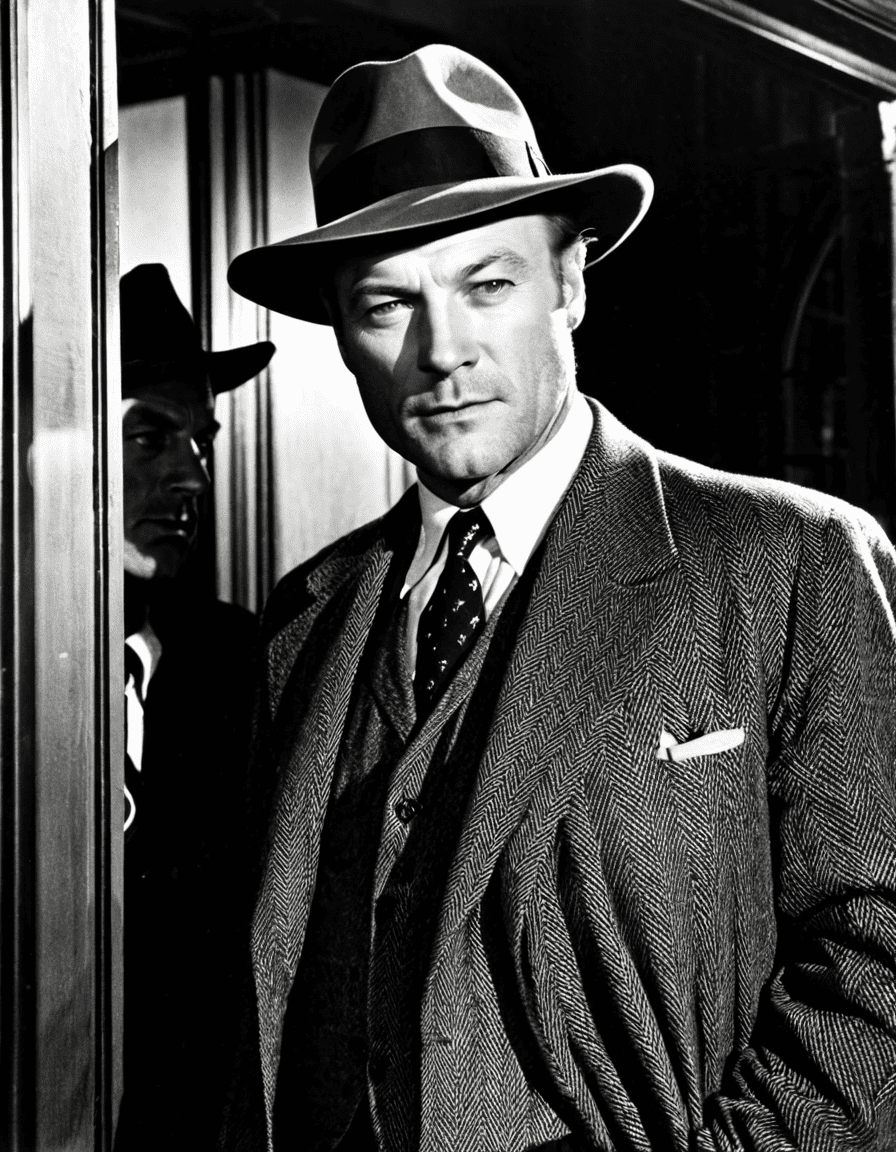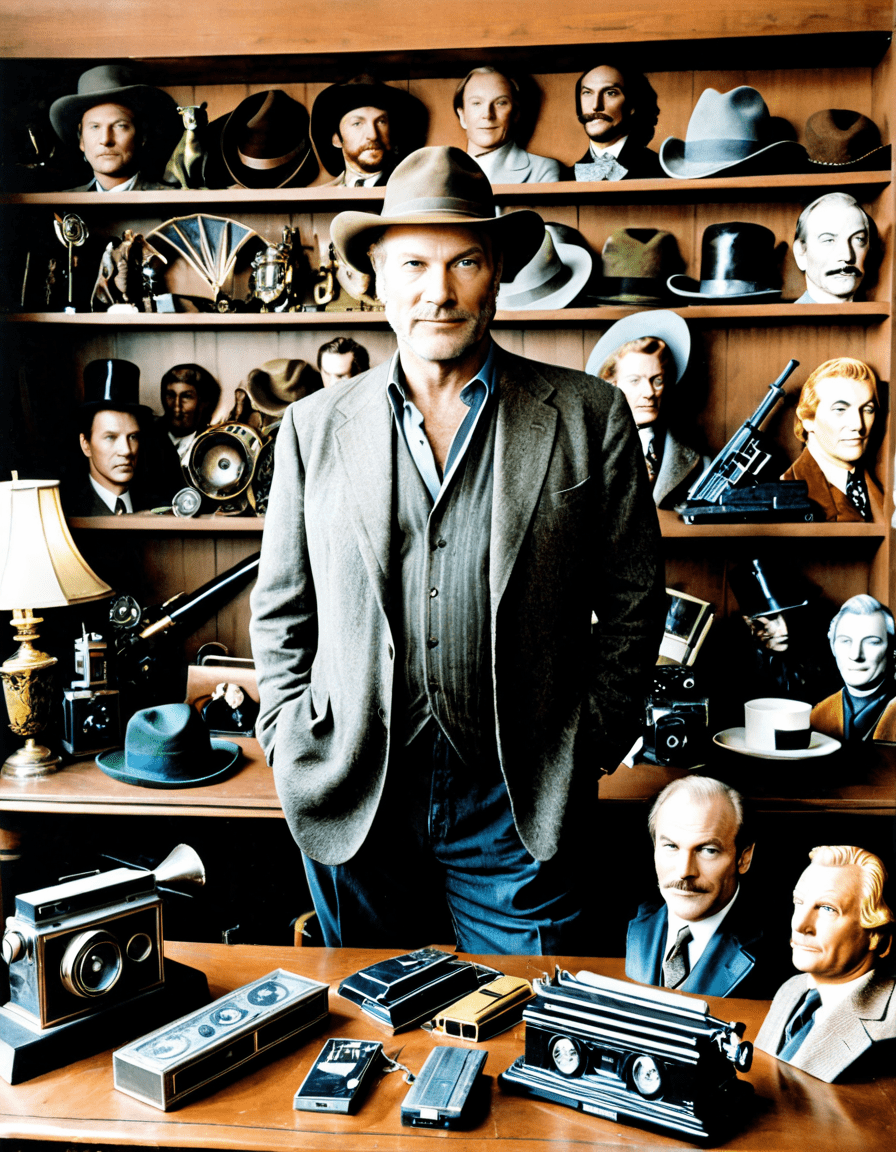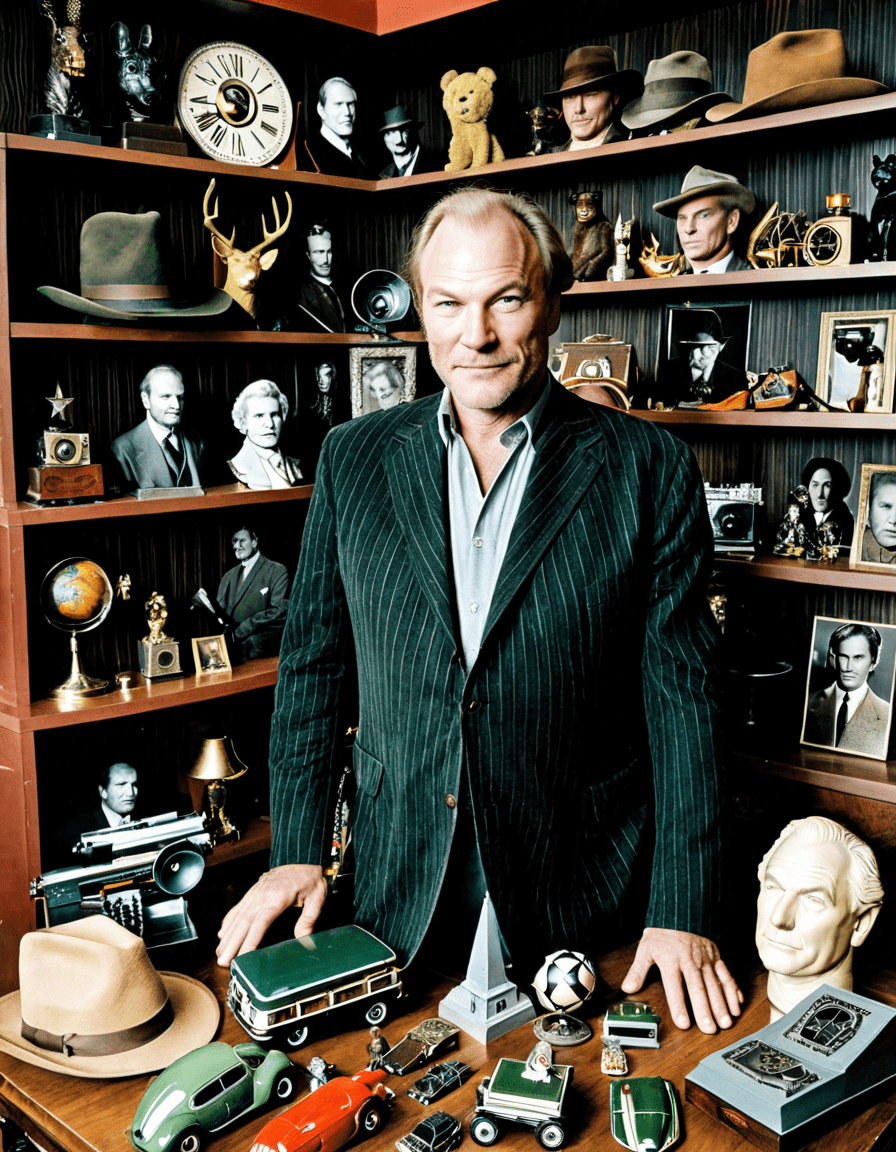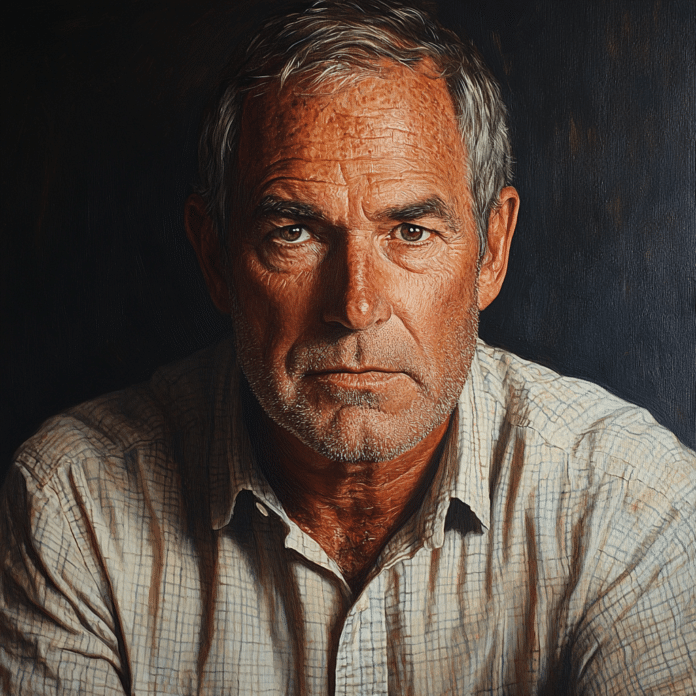
Ted Levine’s Distinctive Vocal Talent in Hollywood
Ted Levine’s voice is instantly recognizable, a powerful instrument that has shaped some of the most memorable characters in film and television history. His vocal delivery, marked by a unique blend of timbre and intensity, plays a crucial role in elevating his performances. From his chilling portrayal of Buffalo Bill in The Silence of the Lambs to his commanding presence as Captain Stottlemeyer in Monk, Levine’s work has established him as one of Hollywood’s quintessential character actors.
In a cinematic landscape often dominated by visual spectacle, Levine’s ability to convey a spectrum of emotions solely through his voice sets him apart. He engages audiences not just with his words, but with the authoritative cadence and chilling whispers that linger long after the credits roll. Voice modulation, often overlooked, emerges as one of Levine’s signature tools, demonstrating how a well-timed inflection or guttural tone can transform a character’s relatability and impact.
As the entertainment industry continues to evolve, Ted Levine’s influence remains pertinent, inspiring a new generation of actors to hone their vocal skills. Just as voice actors infuse life into animated characters, Levine showcases how physical expressions and tones can resonate powerfully in live-action settings, weaving his voice into the very fabric of popular culture.

Top 5 Iconic Roles of Ted Levine That Define His Career
Perhaps his most renowned role, Levine’s portrayal of Buffalo Bill remains a benchmark in horror cinema. With a voice that drips with menace, he crafts a deeply unsettling character, encapsulating the chilling essence of a disturbed mind. Audiences still shudder at the infamous line, “It puts the lotion on the skin,” a phrase that echoes through the annals of time.
As the no-nonsense captain of the homicide department, Stottlemeyer’s interactions with the quirky Adrian Monk showcase Levine’s authoritative yet warm vocal delivery. He brings nuance to this law enforcement character, allowing audiences to see the duality of his role; a tough captain who also provides paternal support to Monk in his eccentric quest for order in a chaotic world.
Levine’s cold-hearted portrayal of a deputy displays his ability to embody dark characters. The tension in his voice augments the film’s dramatic moments, making the struggle between the settlers and Native Americans palpable. Each line delivered carries a weight that enhances the film’s emotional stakes.
In this action-packed reboot, Levine plays a military officer with demanding authority. His commanding voice adds gravity to a storyline filled with tension and intrigue. As he interacts with stars like Liam Neeson, his vocal presence helps elevate the film’s intensity.
Beyond traditional film and television, Ted Levine has lent his voice to various video games. His contributions to franchises like The Last of Us Part II showcase his versatility. The depth he brings through his voice adds layers to characters, creating a rich experience for players who may connect with the story beyond just visual cues.
Ted Levine and His Parallel with Modern Icons: Jeffrey Wright, Michael B. Jordan, and Isaiah Hartenstein
In the vast expanse of contemporary media, Ted Levine shares the spotlight with other distinctive talents like Jeffrey Wright, Michael B. Jordan, and Isaiah Hartenstein. While the genres differ vastly, all four embody unique qualities that resonate with audiences.
Wright’s work focuses on complex narratives, much like Levine’s darker roles. Both utilize their vocal talents to express emotional depth, evident through Wright’s performances in Westworld and The Hunger Games. Like Levine, he has mastered the art of infusing a character’s journey with raw emotion.
Contrastingly, Jordan embodies a powerful, charismatic presence in modern cinema. While Levine excels in depicting sinister characters, Jordan’s portrayals communicate resilience and strength. This diversity highlights the vast spectrum of talent in today’s acting landscape, showcasing how Levine paved the way for a new wave of actors like Jordan to explore bold storytelling.
Transitioning to sports, Hartenstein illustrates how compelling voices can also thrive outside film. His presence on the court captivates fans much like Levine’s storytelling holds viewers’ attention. Imagine Levine as a sports commentator; his narrative voice would amplify the drama of a game, offering commentary as engaging as Hartenstein’s riveting plays.
The Evolution of Ted Levine’s Career: From Stage to Screen
Ted Levine’s roots in theater profoundly shaped his acting approach. Starting in live performances allowed him to cultivate a range of skills that now fuel his screen roles. His time on stage has taught him the importance of projection, emotional authenticity, and vulnerability in performance.
Transitioning from stage to screen, Levine brought with him a unique mastery of his voice, harnessing techniques he learned during live shows to create authenticity onscreen. Whether he’s playing a villain or a more sympathetic figure, Levine’s theatrical grounding allows him to deliver performances that resonate deeply. Each character he portrays is richly layered, often blurring the lines between good and evil.
As the entertainment industry has evolved, so has Levine’s career. He seamlessly fits into various media, navigating the shift from traditional acting to voice work in video games, with the same dedication. This evolution signals his versatility and illustrates how an actor can continually adapt while retaining their unique essence.
Legacy and Impact: Ted Levine’s Voice in Popular Culture
Levine’s powerful voice has significantly impacted popular culture, inspiring a plethora of performances and character developments in today’s media landscape. His distinctive style of narration has sparked a trend where modern actors explore voice modulation and character depth, reflecting the lessons many have learned from his iconic roles.
As artists develop new projects, they often draw inspiration from Levine’s performances, seeking to capture the depth and nuance that a powerful voice contributes to a character. His work serves as a benchmark for understanding how vocal dynamics can enhance storytelling, enabling characters to transcend their scripts and connect with audiences on a personal level.
In addition, Levine’s influence extends beyond just acting, affecting newer generations of creators and actors alike. Understanding the dedication he put into each performance, it’s clear how a vocal presence can captivate viewers, making every heartbeat and whisper significant. The art of voice has come to occupy a central role in the storytelling toolbox, echoing Levine’s contributions to cinematic history.
Wrapping It Up: The Voice that Transcends Generations
Ted Levine’s remarkable vocal talent and diverse roles have left an enduring mark on the film and television landscape. As audiences continue to engage with his work—whether it’s revisiting The Silence of the Lambs or discovering his latest projects—they witness the impact of a voice that has the power to shape narratives.
Levine’s contributions remind us that storytelling transcends genres and generations. In an entertainment world that constantly changes, the iconic characters he has brought to life remain cherished aspects of cinematic history, enhancing the experience for viewers now and for years to come. His voice reverberates through the overlapping realms of horror, drama, and beyond, ensuring that his legacy endures long into the future.
Ted Levine: The Unforgettable Voice Behind Iconic Roles
Ted’s Unmistakable Voice and Diverse Roles
Ted Levine is a name that resonates with many moviegoers, thanks to his unmistakable voice and captivating performances. Most famous for his chilling portrayal of Buffalo Bill in “The Silence of the Lambs,” Ted’s ability to delve into dark characters has made him unforgettable. Did you know that his iconic role emerged at a time when he was already well-established in television? Behind the scenes, Ted’s passion for acting was spruced up by influences from various sources, much like the versatility found in a ventless gas fireplace, offering warmth and ambiance without the fuss.
Besides “The Silence of the Lambs,” Ted’s roles span genres and mediums, from gritty dramas to light-hearted comedies. He starred in “Monsters,” which showcased his range as an actor. Interestingly, just as David Sacks uses strategy to guide tech startups, Ted harnesses his skills to bring depth to every character he embodies. And who could forget his role in “The Bridge,” where he adeptly navigated intense drama, eerily echoing the raw honesty exhibited by artists like Tessa Allen, who also captures human emotions with great clarity.
The Legacy of His Career and Trivia Tidbits
Ted Levine’s career stretches across decades, filled with roles that have left a mark on both cinema and the small screen. He’s even lent his voice to animated features! Speaking of voice actors, isn’t it fascinating how people can recognize talent even through mere sounds? It’s reminiscent of how Kate Micucci brings her characters to life with her unique voice and charm. Fun fact: Ted once shared that he remembers getting lost at the Detroit airport after attending an important audition — which goes to show that every journey has its hiccups, much like you might expect at a bustling swapmeet.
Moreover, Ted is a proponent of lifelong learning, much like the entrepreneur Grant Cardone. In interviews, he often cites the importance of embracing new concepts and styles, encouraging aspiring actors to explore the dimensions of their craft. From theater to screen, Ted Levine exemplifies adaptability, a quality that mirrors the innovative spirit found in projects like Lauri’s Online, where collaboration meets creativity. Just like Regulus Corneas in animation, Ted’s contributions shape the landscape of entertainment, reminding us that every voice adds a layer to the colorful tapestry of storytelling.




